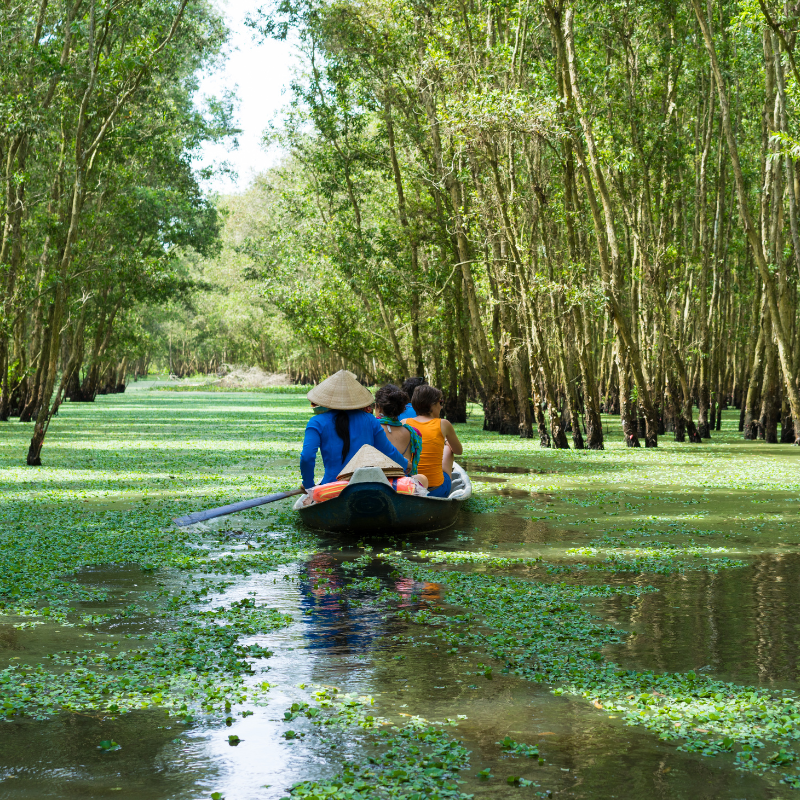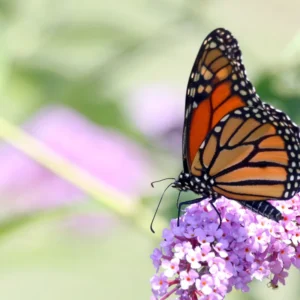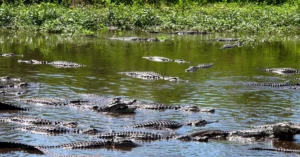Sustainable tourism is a way to enjoy travel while protecting the planet. It helps keep nature clean, supports local communities, and preserves cultural traditions. The goal is simple: minimize harm and maximize good. Sustainable tourism practices for eco-friendly travel and responsible adventures are becoming more popular as people recognize their importance.
Travel can have a big impact on the environment. Pollution, waste, and overcrowding are common problems.
However, travelers can reduce these issues by choosing sustainable options and helping local economies grow. Let’s explore how sustainable tourism works and why it matters.
What Is Sustainable Tourism?
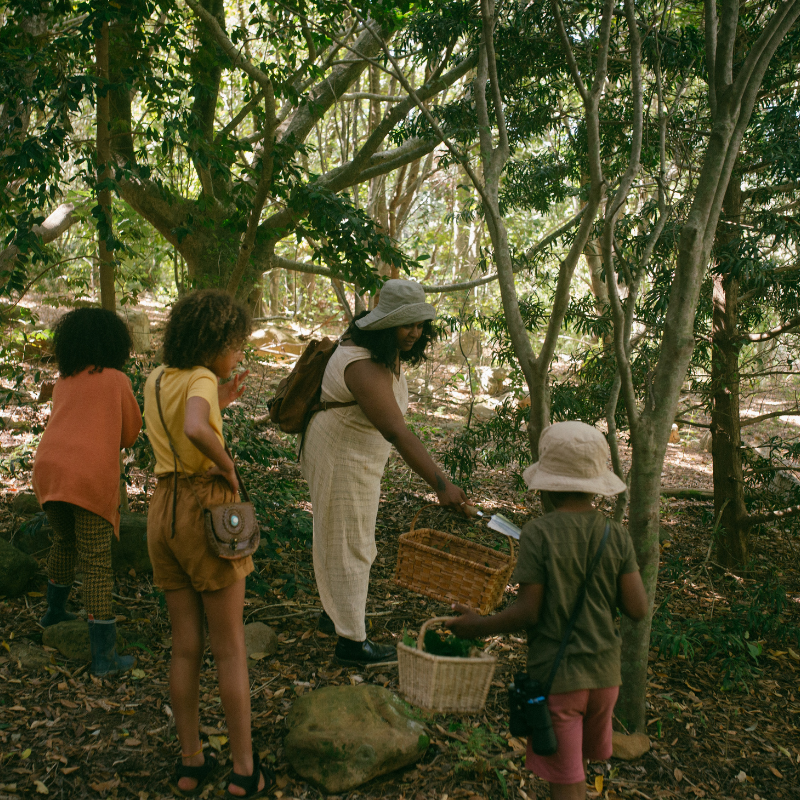
Sustainable tourism means traveling in a way that respects the environment, supports local people, and protects cultural heritage.
It’s about balancing enjoying new places and leaving them better than you found them.
Sustainable tourism practices for eco-friendly travel and responsible adventures ensure that future generations can enjoy the same beautiful destinations.
This type of tourism focuses on:
- Reducing environmental impact: Less pollution and waste.
- Supporting local economies: Helping small businesses and creating jobs.
- Respecting cultures: Preserving traditions and values.
Why Sustainable Tourism Matters
Tourism can harm the planet if it’s not done responsibly. For example:
- Overcrowded beaches lead to pollution.
- Cutting down forests for resorts destroys habitats.
- Disrespecting local customs erodes cultural identity.
Sustainable tourism practices for eco-friendly travel and responsible adventures solve these problems. Traveling responsibly helps protect nature, empower communities, and celebrate cultures. It’s not just good for the planet—it’s good for the people living there.
How To Plan A Sustainable Trip
Planning a sustainable trip means making mindful choices that benefit the environment, respect local cultures, and support communities. Here are practical tips to help you prepare responsibly:
Pick Eco-Friendly Destinations
- Choose destinations like Costa Rica, Bhutan, or Finland that prioritize sustainability.
- Look for places with eco-certifications or active conservation programs.
- Support destinations that protect natural resources and involve local communities.
Stay At Green Accommodations
- Opt for eco-friendly hotels or lodges that use solar power, recycle waste, or source local materials.
- Choose family-run guesthouses to support local economies and reduce your environmental impact.
- Prioritize accommodations with recognized sustainability certifications.
Travel Light And Smart
- Pack light to lower fuel consumption during transport.
- Carry reusable water bottles, bags, and eco-friendly toiletries to minimize single-use plastic waste.
- Plan your packing to include multi-purpose items and reduce unnecessary waste.
Eco-Friendly Transportation Options
Transportation is one of the biggest contributors to travel-related pollution. Sustainable tourism encourages travelers to choose greener options. Here are some ideas:
- Use trains or buses instead of planes for shorter distances.
- Rent electric or hybrid cars when driving is necessary.
- Walk or bike to explore cities and towns.
Direct flights are better for the environment than connecting because they use less fuel. Making thoughtful choices supports sustainable tourism practices for eco-friendly travel and responsible adventures.
Respecting Local Cultures And Communities
Sustainable tourism isn’t just about nature; it’s also about people. Respecting local cultures helps preserve traditions and creates meaningful connections. Here’s how you can do this:
- Learn about the customs and values of the place you’re visiting.
- Support local businesses by buying handmade products or dining at family-owned restaurants.
- Participate in community activities, like cooking classes or traditional dance performances.
By respecting cultures, you ensure that sustainable tourism practices for eco-friendly travel and responsible adventures benefit everyone involved.
Activities That Support Sustainability
Travelers can have fun while being eco-conscious. Many activities promote conservation and respect for the environment. Here are a few:
- Nature Hikes: Enjoy scenic trails without harming wildlife. National parks often have well-maintained paths for low-impact exploration.
- Wildlife Safaris: Choose operators who prioritize animal safety and habitat preservation.
- Cultural Tours: Learn about history and traditions while supporting local guides.
Destinations like New Zealand and Iceland are known for their sustainable tourism initiatives. They regulate outdoor activities to protect ecosystems and ensure visitors have a responsible adventure.
Sustainable Dining And Shopping
Food and shopping choices can make a big impact on sustainability. Here’s how to make eco-friendly decisions:
- Eat Local: Choose restaurants that source ingredients from nearby farms. Farm-to-table dining reduces the carbon footprint of transporting food and supports local growers.
- Buy Handmade: Purchase crafts and products made by local artisans. This practice helps preserve traditional skills and reduces reliance on mass production.
- Avoid Waste: Carry reusable containers for takeout and avoid overpacking souvenirs.
These small changes align with sustainable tourism practices for eco-friendly travel and responsible adventures while enriching your travel experience.
Eco-Friendly Travel Gear
Packing sustainable gear can make your trip more responsible. Here are a few essentials:
- Reusable Water Bottles: Reduce plastic waste by refilling bottles instead of buying new ones.
- Biodegradable Toiletries: Use shampoos and soaps that don’t harm the environment.
- Solar Chargers: Keep your devices charged without using extra electricity.
Light packing also reduces energy consumption during transit. Thoughtful planning promotes sustainable tourism practices for environmentally friendly travel and responsible adventures.
How Sustainable Tourism Helps Everyone
Sustainable tourism benefits the environment, local people, and even travelers themselves. Here’s how:
- Protecting Nature: It saves forests, oceans, and wildlife from destruction.
- Empowering Communities: It creates jobs and supports small businesses.
- Enhancing Experiences: Travelers enjoy authentic connections with people and places.
For example, eco-tourism projects in Costa Rica have helped save rainforests while providing income for local families.
In the U.S., national parks follow strict rules to protect wildlife while welcoming millions of visitors.
These examples show how sustainable tourism methods for eco-friendly travel and responsible adventures can have an impact.
Challenges Of Sustainable Tourism
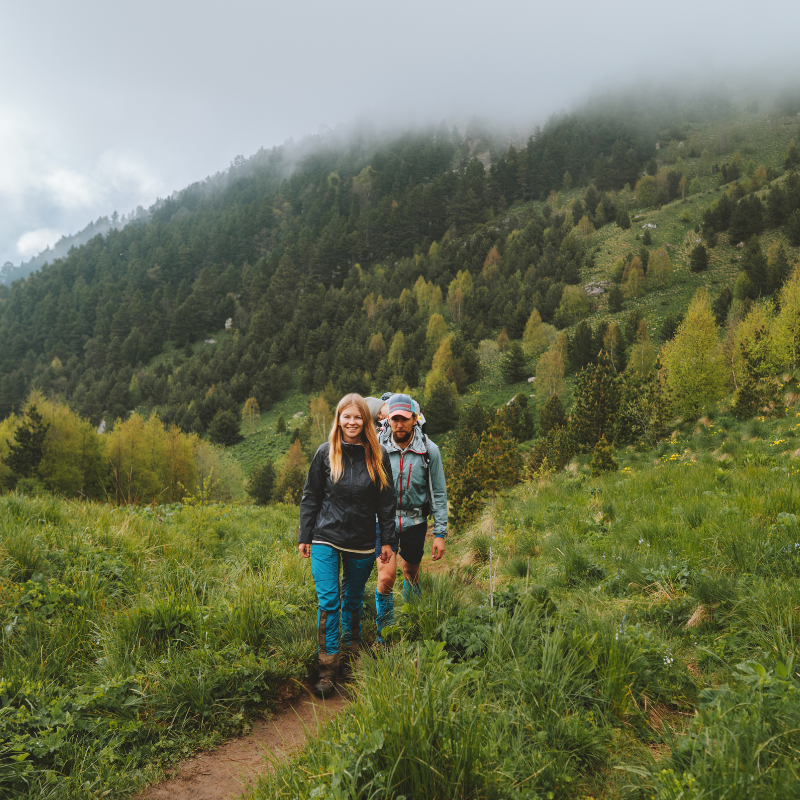
Sustainable tourism can be challenging. It requires effort from travelers, businesses, and governments. Some challenges include:
- Limited eco-friendly options in some destinations.
- Higher costs for sustainable accommodations or activities.
- Lack of awareness among tourists.
Despite difficulties, the success of sustainable tourism policies for eco-friendly travel and responsible adventures is heavily dependent on the actions of travellers.
More people are adopting these practices, and their awareness and action can make these efforts successful. It’s a collective responsibility that can lead to a significant positive impact.
Conclusion
Sustainable tourism practices for eco-friendly travel and responsible adventures are not just a trend but an essential part of the future of travel.
They protect the planet, empower communities, and create meaningful experiences. Travelers can make a big impact by choosing green destinations, supporting local cultures, and adopting responsible habits. Every small step counts, and together, these actions can ensure that travel remains a force for good.
Every small step counts. Use reusable items, respect local traditions, and choose eco-friendly transportation. Together, these actions can ensure that travel remains a force for good.
“Join Discover Outdoors in making travel sustainable. Explore our eco-friendly travel tips, conservation initiatives, and sustainable products to leave a positive impact on the planet. Together, we can make every adventure a step toward preserving nature for future generations.”

